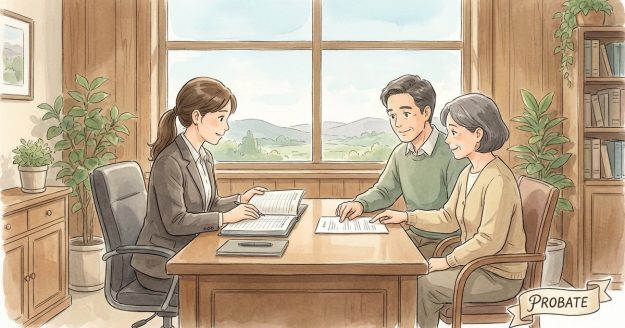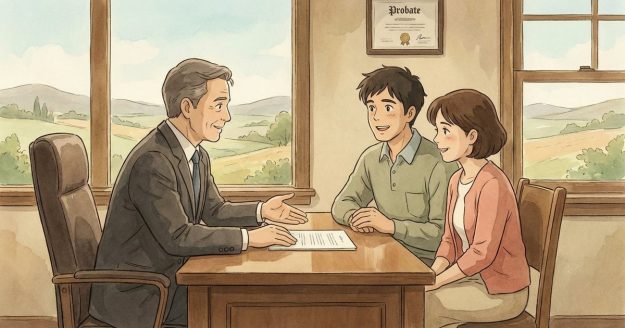Can I be appointed to manage my sibling’s estate if other family members disagree? nc
Can I be appointed to manage my sibling’s estate if other family members disagree? – North Carolina Short Answer Yes. In North Carolina, the Clerk of Superior Court can appoint a personal representative (an “executor” if there is a will, or an “administrator” if there is no will) even when family members disagree. The clerk…











